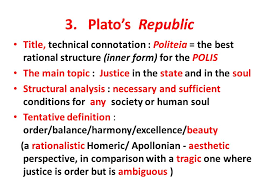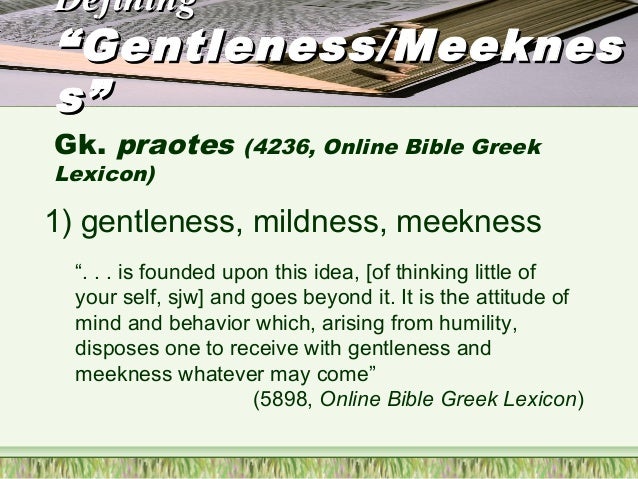

It was first used by Pyrrho and subsequently Epicurus and the Stoics for a lucid state of robust equanimity characterized by ongoing freedom from distress and worry. According to the Stoics, apatheia was the quality that characterized the sage.Ītaraxia literally translates as “unperturbedness”, but is generally considered as “imperturbability”, “equanimity”, or “tranquillity”. The meaning of the word apatheia is quite different from that of the modern English apathy, which has a distinctly negative connotation. It is best translated by the word equanimity rather than indifference. In Stoicism, Apatheia refers to a state of mind in which one is not disturbed by the passions. It is among several other slang words for common.

Large oikoi also had farms that were usually tended by the slaves, which were also the basic agricultural unit of the ancient economy. Nowadays it means common sense, acumen, and applied intelligence, and is particularly found in British English. Thus, the head of the oikos, along with his immediate family and his slaves, would all be encompassed. Alternatively, as Aristotle used it in his Politics, the term was sometimes used to refer to everybody living in a given house. In normal Attic usage the oikos, in the context of families, referred to a line of descent from father to son from generation to generation. The oikos was the basic unit of society in most Greek city-states. The theme of Nostos is brought to life in Homer’s The Odyssey, where the main hero Odysseus tries to return home after battling in the Trojan War. This journey is usually very extensive and includes being shipwrecked in an unknown location and going through certain trials that test the hero.The return isn’t just about returning home physically but also about retaining certain statuses and retaining your identity upon arrival. In Ancient Greek society, it was deemed a high level of heroism or greatness for those who managed to return. Nostos is a theme used in Ancient Greek literature which includes an epic hero returning home by sea. Aristotle defined it as a middle ground between vanity and cowardice. Ancient and Christian humility have some common points, they are both the rejection of egotism and self-centeredness, arrogance and excessive pride, and is an recognition of human limitations. It also encompassed the emotion that a rich person might feel in the presence of the impoverished, that their disparity of wealth, whether a matter of luck or merit, was ultimately undeserved. Aidos, as a quality, was that feeling of reverence or shame which restrains men and women from wrong. The rituals of hospitality created and expressed a reciprocal relationship between guest and host expressed in both material benefits (such as the giving of gifts to each party) as well as non-material ones (such as protection, shelter, favors, or certain normative rights).Īidos was actually the Greek goddess of shame, modesty, respect, and humility. It includes the generosity and courtesy shown to those who are far from home and/or associates of the person bestowing guest-friendship. Xenia means “guest-friendship” and is the concept of hospitality. Medea cut down Jason’s Kleos by murdering her own children (1910) English–Greek Dictionary: A Vocabulary of the Attic Language, London: Routledge & Kegan Paul Limited.Jason and Medea – as depicted by John William Waterhouse, 1907. G2397 in Strong, James (1979) Strong’s Exhaustive Concordance to the Bible mile Benveniste has observed that the theme swe-, which idios is attached to, is associated both with the idea of the self defined in opposition to a.(1969) Lexicon to Pindar, Berlin: Walter de Gruyter (2001) A Greek–English Lexicon of the New Testament and Other Early Christian Literature, Third edition, Chicago: University of Chicago Press ἰδέα in Bailly, Anatole (1935) Le Grand Bailly: Dictionnaire grec-français, Paris: Hachette.“ ἰδέα”, in Liddell & Scott (1889) An Intermediate Greek–English Lexicon, New York: Harper & Brothers.

“ ἰδέα”, in Liddell & Scott (1940) A Greek–English Lexicon, Oxford: Clarendon Press.→ Latin: idea ( see there for further descendants).

For declension in other dialects, see Appendix:Ancient Greek dialectal declension.


 0 kommentar(er)
0 kommentar(er)
